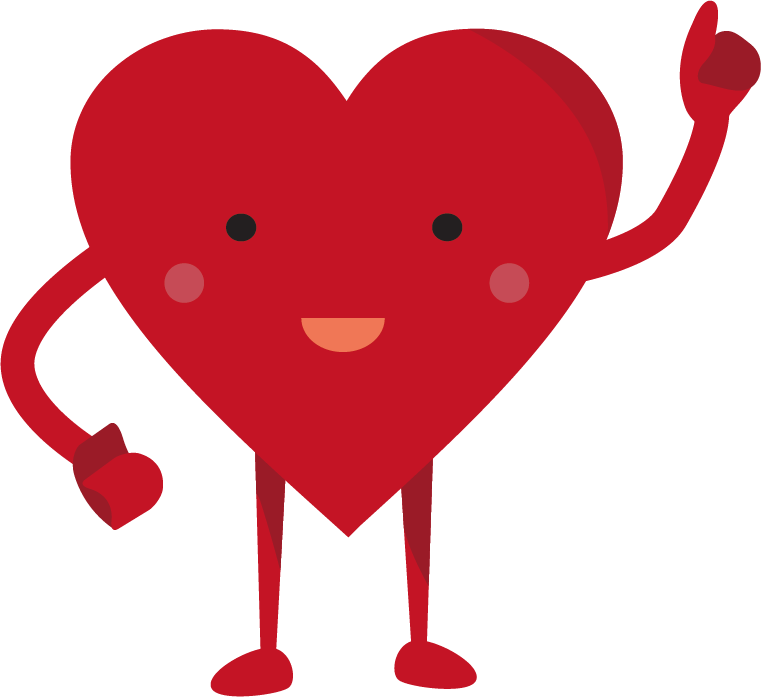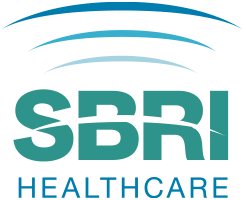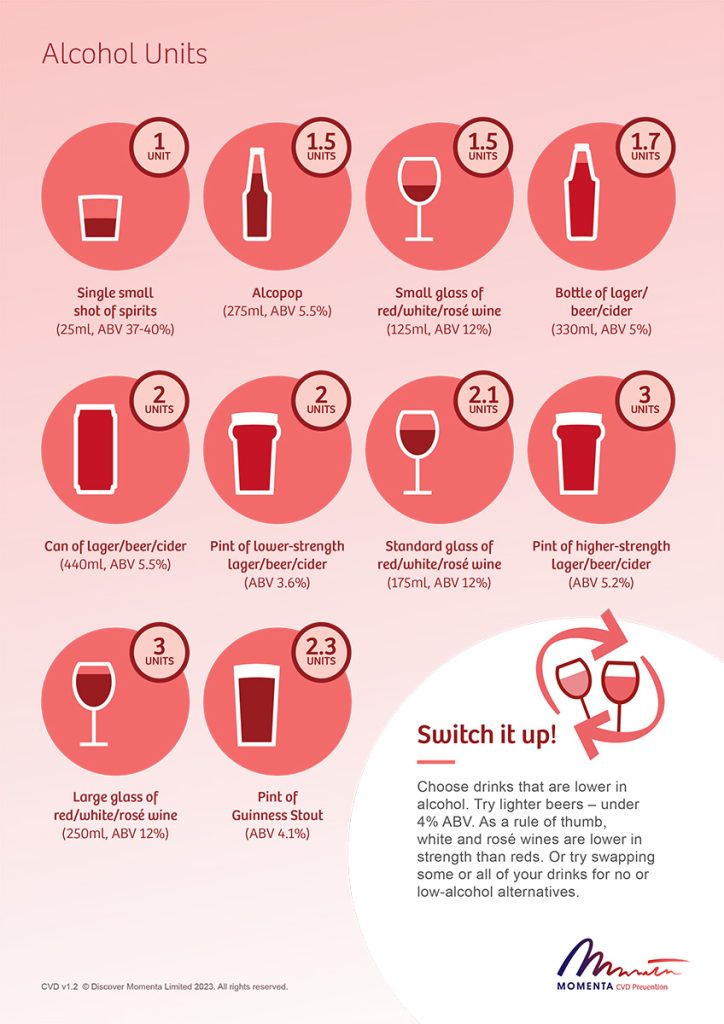Welcome to the
Momenta
Cardiovascular
Disease Prevention
Programme
FREE new programme for
Birmingham & Solihull residents
Unfortunately, this programme is currently full.
We will update this website when places become available
We’re seeking funding to make the Momenta CVD Prevention Programme available more broadly. Register below if you’d like to hear from us if we secure programme funding in your area.
We will not share your details with others or use them for any other purpose.
Register interest
Many aspects of modern life are toxic for our health. A lot of the things designed to make life easier or more enjoyable for us, like television, cars, computers and convenience food, have turned out to have unintended negative effects for our health. One of those consequences is the dramatic rise in the number of people developing life-limiting preventable diseases such as heart and circulatory diseases also referred to as cardiovascular disease (CVD).
Momenta CVD Prevention Programme
Reducing your chances of developing heart and circulatory diseases involves changing your lifestyle. This doesn’t mean you have to follow fad diets or strict exercise regimes. Instead, Momenta have worked with NHS and other partners to develop a programme which provides you with the confidence and skills you need to make small but important day-to-day changes to benefit your health. Changes that you can maintain in the long term that are consistent with your likes and dislikes, culture and beliefs.
Our trained Coaches will give you all the knowledge, skills and tools you need to reduce your risk of having a heart attack or stroke and help make your heart fitter and stronger. You’ll have the chance to think about what this information means for you and how to put it into practice, supported by comprehensive resources.
- 9 month programme
- 18 one-hour enjoyable interactive group sessions
- In-person or virtual Zoom sessions
- Covering nutrition, physical activity* and behaviour change
- Group discussions and peer support network
- Free Workbook and tracker
- 12 months' free access to the EXi premium physical activity app
*The sessions do not include any actual activity
All at no cost to you!

Who's eligible?
You must meet the following criteria:
- Aged 18-80, with high blood pressure
- Able to exercise briskly – if in doubt consult your GP
- Willing and able to attend 18 in-person or Zoom group sessions over 9 months
-
Above a healthy weight (Body Mass Index (BMI) over 25, or over 23.5 if you're of Asian, Black African or African-Caribbean origin).
Check your BMI here if you’re unsure
Unfortunately we are NOT the right service for you if you:
- Have Type 1 diabetes or are on insulin for Type 2 diabetes
- Have angina or have had a heart attack (Myocardial Infarction)
- Have had a previous stroke or TIA (Transient Ischaemic Attack)
- Are currently pregnant
- Are under care of a dietitian (unless referred by them) or currently have an eating disorder
- Are unable to attend or benefit from a group session
If this is not the right programme for you your GP practice may be able to recommend alternative services.
Is the programme right for me now?
It’s important for you to think carefully about whether this is the right type of support and the right time for you to take part. For example: Is your heart health important to you at this point in your life? Does a group format appeal? Can you commit to attending 18 sessions over 9 months?
What’s in CVD Prevention Programme?
Physical activity
Over the course of the programme your Coach will help you:
- Understand how much and what type of activity you need
- Think about activities that are safe and achievable for you
- Find the best ways to include more activity in your daily routine.
“I really enjoy being more active – and now I’m reaping the rewards”
Nutrition
Experts developed Momenta to help you:
- Know what’s in the foods you eat and how to avoid eating too much of anything
- Choose foods that fill you up for longer and learn how to make varied, well-balanced food choices instead of simply counting calories or cutting out entire food groups
- Recognise that when and why you eat is as important as what you eat.
“I’ve finally broken my yo-yo cycle of dieting and feel more healthy and energised”
Mind.
You’ll also explore:
- How stress can get in the way of making lifestyle changes – and solutions to help you
- What triggers our behaviours, because all of our actions are influenced by something, and how we can manage them
- Ways to get better quality sleep – one of the most helpful things we can do for our bodies.
“I’ve learned how to beat cravings and temptations – I feel so much happier!”
Nutrition
Experts developed Momenta to help you:
- Know what’s in the foods you eat and how to avoid eating too much of anything
- Choose foods that fill you up for longer and learn how to make varied, well-balanced food choices instead of simply counting calories or cutting out entire food groups
- Recognise that when and why you eat is as important as what you eat.
“I’ve finally broken my yo-yo cycle of dieting and feel more healthy and energised”
Physical activity
Over the course of the programme your Coach will help you:
- Understand how much and what type of activity you need
- Think about activities that are safe and achievable for you
- Find the best ways to include more activity in your daily routine.
“I really enjoy being more active – and now I’m reaping the rewards”
Mind
You’ll also explore:
- How stress can get in the way of making lifestyle changes – and solutions to help you
- What triggers our behaviours, because all of our actions are influenced by something, and how we can manage them
- Ways to get better quality sleep – one of the most helpful things we can do for our bodies.
“I’ve learned how to beat cravings and temptations – I feel so much happier!”
Register now!
If you think that the Momenta programme may be the right programme for you now then please get in touch with us to confirm your eligibility and book a place:
Register now!
Unfortunately, this programme is currently full.
We’re seeking funding to make the Momenta CVD Prevention Programme available more broadly. Register here if you’d like to hear from us if we secure programme funding in your area.
We will not share your details with others or use them for any other purpose.







